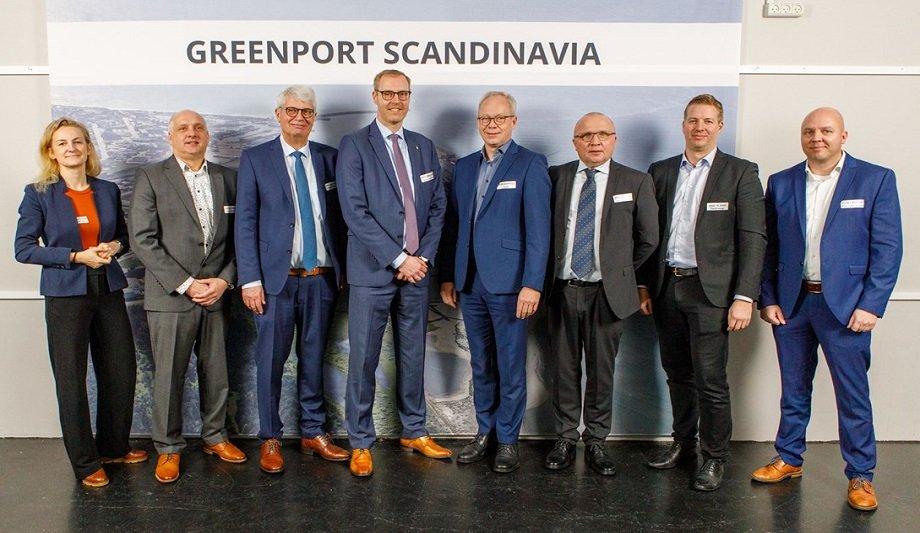Partners have signed an agreement to investigate the possibility of establishing transport of CO2 from biogas plants in North Denmark, temporary storage facilities in the Port of Hirtshals, and shipping to the North Sea, where the CO2 will be injected into the subsoil.
The project, named Greenport Scandinavia, thus involves the entire value chain for Carbon Capture and Storage (CCS).
Green transition
"It is a fantastic project that we at Blue Water are delighted to be a part of. We are transport and logistics experts and are super excited to be part of developing a new industry," says Jacob Kjærgaard, Regional Director of Energy, Ports & Projects Europe, Blue Water.
Jacob Kjærgaard adds, "As a global operator with local interests, we want to contribute to the green transition, which is why we participate in various projects focusing on climate and energy transition."
Negative emissions
Since the CO2 is biogenic, the storage will result in negative emissions to achieve the Danish climate goals
The partners are INEOS Energy, Wintershall DEA, Hirtshals Havn, Biocarb Solution, Evida, Greenport North, and Blue Water. The project is the first of its kind in Denmark.
Since the CO2 is biogenic, the storage will result in negative emissions, which can make a significant contribution to achieving the Danish climate goals of a 70 percent reduction in greenhouse gas emissions by 2030.
Storing biogenic CO2
"At INEOS, we have come far with our CO2 storage project Greensand, where we will get the first CO2 into the Danish underground early in the new year as part of our pilot demonstration project. Storing biogenic CO2 from biogas plants has great climate potential, as this results in negative emissions."
"With this agreement, the partners will explore the possibility of establishing the entire value chain and capturing, transporting, and storing the first biogenic CO2 in Denmark," says Mads Weng Gade, Country Manager, INEOS Energy Denmark.
CO2 transport
Initially, the aim is to capture up to 100,000 tonnes of biogenic CO2 annually from biogas plants in North Denmark starting in 2024/25.
The CO2 will be transported to the Port of Hirtshals. From here, it will be shipped to the Siri area in the Danish part of the North Sea, where it will be stored in empty oil fields in Project Greensand.
Storage and shipping of CO2
CEO Per Holm Nørgaard, Port of Hirtshals, points to the fact that the port's forthcoming expansion supports the plan to store and ship CO2 from Hirtshals, “We are already working on plans to expand the Port of Hirtshals, and storage and shipping of CO2 to the North Sea fits perfectly into our strategy."
"In the long term, the establishment of a CO2 hub in Hirtshals can contribute to solving the climate changes, and we see great potential in this partnership.”
Green hub
The partnership will look for possibilities of establishing necessary infrastructure in the form of CO2 pipelines
The long-term ambition is to significantly increase the amount of CO2 to be received for shipping and storage.
To that end, the partnership will look into the possibilities of establishing the necessary infrastructure in the form of, e.g. pipelines for transporting CO2 from other parts of Denmark and Europe to Hirtshals potentially establishing Port of Hirtshals as a large, green hub for intermediate storage and shipping of CO2 for both Danish and foreign emitters.
Harnessing the potential of economies of scale will support local industrial development and provide significant growth potential for the port and the region.
CCS business model
“Like Greensand, Greenport Scandinavia fits into our strategy to build significant international partnerships with CCS projects,” says Klaus Langemann, Senior Vice President of Carbon Management, and Hydrogen at Wintershall Dea.
Klaus Langemann adds, "At Greenport Scandinavia, we want to bring in our experience along the whole value chain to establish a CCS business model with our strong Danish partners and support Europe’s climate targets."
